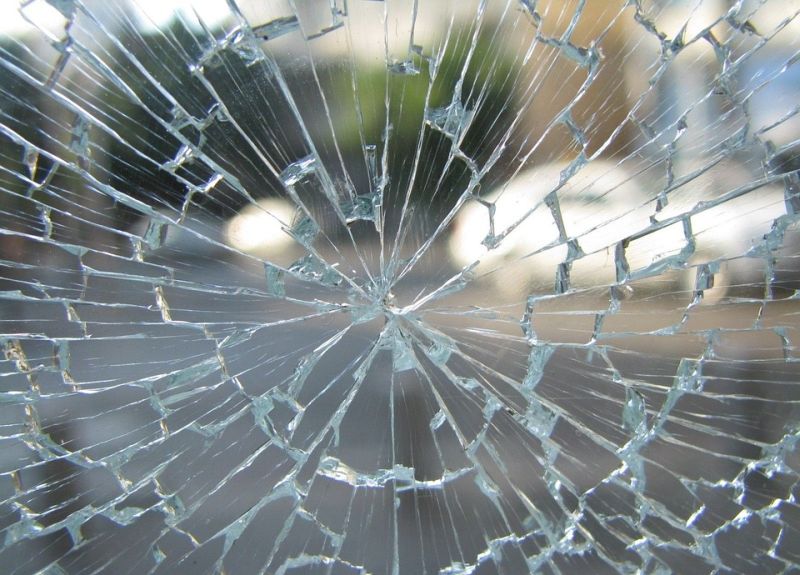Greenhouse Glass or Polycarbonate?

'People who live in glasshouses shouldn't throw stones' but what if it's polycarbonate?
Traditionally greenhouses were always glazed with glass and in some countries, like Germany, frosted glass was used because of its capacity to diffuse UV rays. In the UK and overseas, greenhouse glass has been the material of choice, but times are changing and polycarbonate has now emerged on the greenhouse scene. It gained in popularity on the continent and it's now used routinely in the UK too. In fact one of the most common questions from those new to greenhouse-buying is which to use greenhouse glass or polycarbonate?
Polycarbonate - (technically known as polycarbonate of bisphenol A) is a transparent plastic that is used for shatterproof windows and lightweight lenses for eyeglasses. This durable, strong material wins out over glass in the greenhouse safety stakes and is recommended for use in public places like schools or for example anywhere that stones can be kicked up (near to horses etc.). Twin wall polycarbonate is opaque which is not to everyone's tastes and will diffuse the suns rays while offering good heat retention. The big negative to using polycarbonate is that it flexes in strong winds and if installed in exposed positions can blow out (possibly never to be seen again). You can shop polycarbonate greenhouses here.
Horticultural Glass - standard greenhouse glass supplied in 3mm thick overlapping sheets. Horticultural glass is the lowest grade of glass used for greenhouses and the most economical. Consequently, it can sometimes contain marks and blemishes, but this doesn't affect its performance as greenhouse glazing. Although cheaper than other methods horticultural glass has very sharp edges and can break in to dangerous shapes. Definitely not recommended if there are children or less abled people around.
Toughened Glass - much stronger than horticultural glass and tends to be 3mm (or 4mm for premium greenhouses). Best fitted as long pane sheets for a neater finish and to avoid overlapping where algae and moss build-up can occur. Toughened greenhouse glass will granulate if broken (rather than break into large sharp shards) thereby removing the risk of injury. Toughened glass has become much more popular in recent years and this has meant the price has come down, the recommended choice in most instances.
So it's important to weigh up exactly what your greenhouse glass needs to do for you taking into consideration where your greenhouse will be sited and what's around it as well as factors like thermal insulation values, potential for scorching, price, aesthetics and resistance to winds.
 Author:
Author: